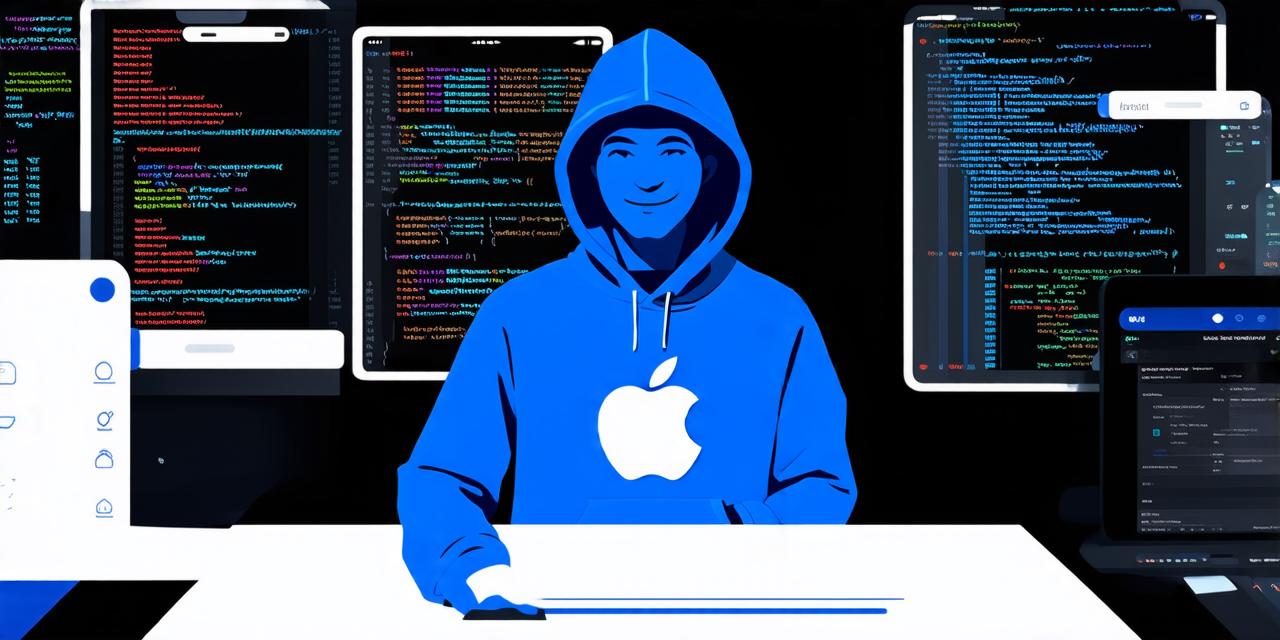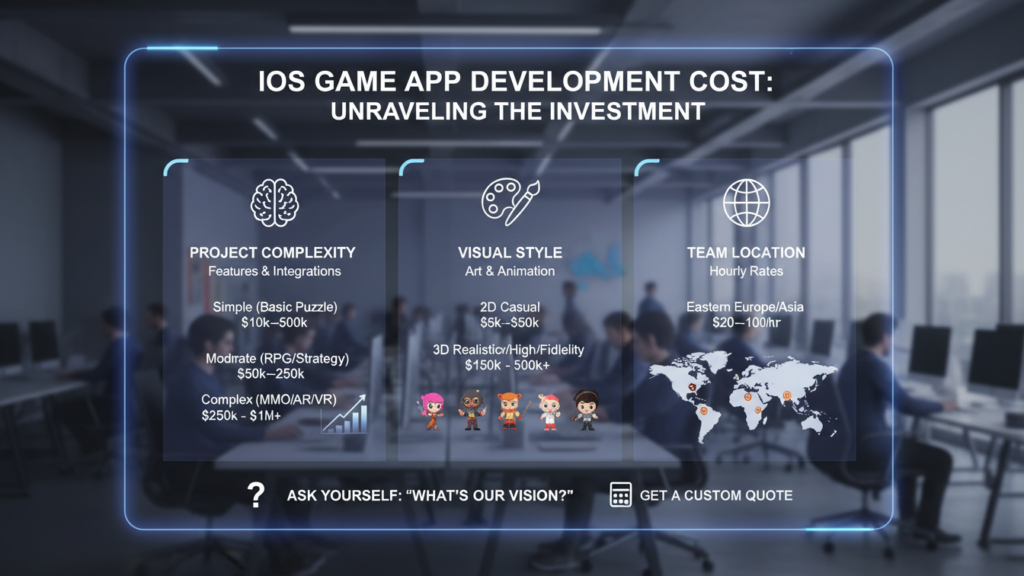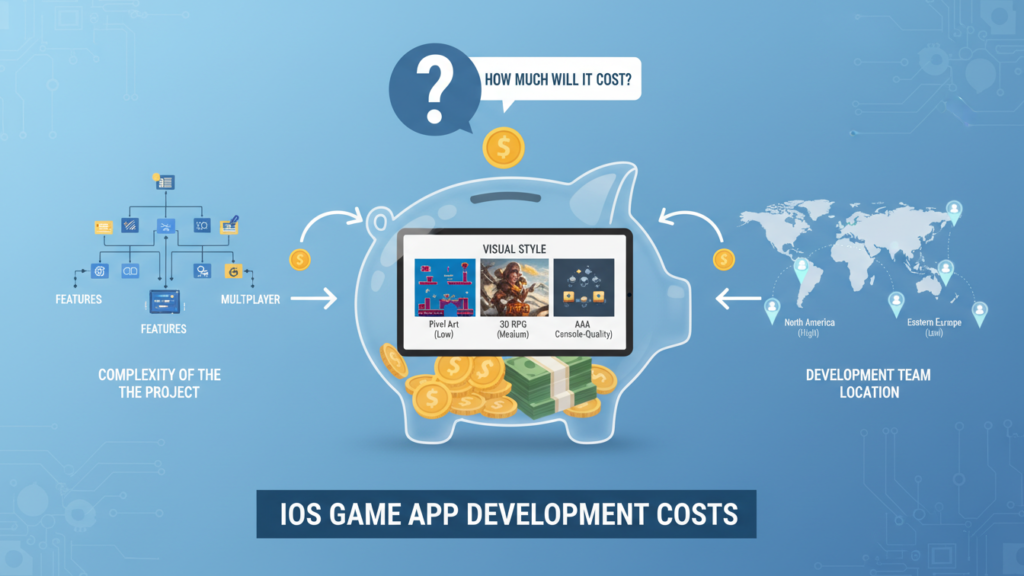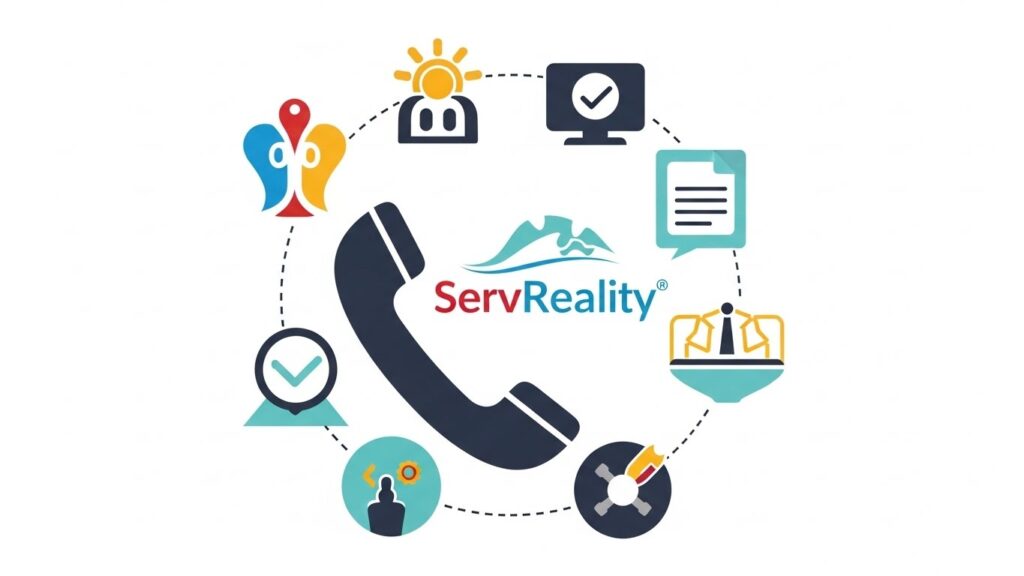iOS app development is a complex and ever-evolving field that requires a wide range of skills and tools. If you’re looking to become an iOS app developer, it’s important to have a solid foundation in the essential skills and tools required for the job. In this article, we’ll take a closer look at some of the key skills and tools that every iOS app developer should know.
Skill 1: Understanding Swift Programming Language
Swift is the primary programming language used to develop iOS apps. It was developed by Apple and is designed to be easy to learn, fast, and safe. Swift has a strong emphasis on safety, which means that it automatically manages memory and prevents common programming errors like null pointer exceptions. Additionally, Swift has a modern syntax that makes it easier to write clean, concise code.
To become proficient in Swift, you’ll need to have a strong understanding of basic programming concepts such as variables, data types, control structures, functions, and objects. You’ll also need to be familiar with the Swift standard library, which contains pre-written code for common tasks like networking, user interfaces, and more.
Skill 2: Working with Xcode IDE
Xcode is Apple’s integrated development environment (IDE) for iOS app development. It provides a range of tools and features that make it easier to develop, test, and debug iOS apps. Some of the key features of Xcode include code editing, project management, debugging tools, and version control.
To work effectively with Xcode, you’ll need to have a good understanding of its interface and how to use its various tools and features. You should also be familiar with best practices for coding in Xcode, such as using code snippets, creating templates, and taking advantage of keyboard shortcuts.
Skill 3: Designing User Interfaces
User interfaces (UIs) are an essential part of any iOS app. They provide the user with a way to interact with the app and perform tasks like navigating through menus, tapping buttons, and entering text. To create effective UIs in iOS apps, you’ll need to have a strong understanding of design principles such as color theory, typography, layout, and navigation.
There are a number of tools and frameworks available for designing UIs in iOS apps, including Sketch, Adobe XD, and Auto Layout. These tools allow you to create wireframes, mockups, and prototypes that can be easily integrated into your app.
Skill 4: Writing Efficient Code
Efficient code is essential for the performance and scalability of iOS apps. To write efficient code, you’ll need to have a good understanding of data structures, algorithms, and optimization techniques. You should also be familiar with best practices for coding in Swift, such as using lazy evaluation, avoiding unnecessary object allocations, and minimizing memory usage.
Writing efficient code is an ongoing process that requires constant learning and improvement. To stay up-to-date with the latest techniques and tools, you’ll need to regularly read industry blogs, attend conferences and workshops, and participate in online forums and communities.
Skill 5: Debugging and Troubleshooting
Debugging and troubleshooting are critical skills for any iOS app developer. These skills involve identifying and resolving issues with the code or the app itself. Some common debugging techniques include using print statements, setting breakpoints, and using the Xcode debugger.
To be an effective debugger, you’ll need to have a strong understanding of programming concepts such as variables, data types, control structures, and error handling. You should also be familiar with best practices for testing and debugging in Xcode, such as writing unit tests and using the app simulator.
Skill 6: Collaborating with Teams
Collaboration is essential for successful iOS app development. This involves working closely with other members of a team, including designers, project managers, and other developers. To be an effective collaborator, you’ll need to have strong communication skills, be able to work well in a team environment, and be adaptable to changing requirements and priorities.
There are a number of tools available for collaborating with teams on iOS app development projects, including Git for version control, JIRA or Trello for project management, and Slack or Microsoft Teams for communication.
Skill 7: Staying Up-to-Date with Technology
Technology is constantly evolving, and iOS app development is no exception. To be a successful iOS app developer, you’ll need to stay up-to-date with the latest technologies and trends in the field. This includes keeping up with new versions of Swift, learning about new frameworks and tools, and staying informed about changes to Apple’s developer platform.
One way to stay up-to-date with technology is to regularly read industry blogs and attend conferences and workshops. You should also be an active participant in online forums and communities where iOS app developers share their knowledge and experiences.
Case Study: Developing a Fitness App
Let’s take a closer look at how these skills and tools are applied in practice by looking at the development of a fitness app.
The team behind the fitness app includes an iOS app developer, a designer, a project manager, and a backend developer. The app is designed to help users track their exercise habits and set fitness goals.
To develop the app, the iOS app developer uses Xcode to write Swift code that integrates with the app’s UI. The designer creates wireframes and mockups using Sketch, which are then integrated into the app using Auto Layout.
The project manager uses JIRA to manage the development process and ensure that the app is delivered on time and within budget. The backend developer uses Swift on the server-side to build a RESTful API that allows the app to communicate with external services like fitness trackers and social media platforms. The app uses this API to retrieve data and allow users to share their progress with friends and family.
Throughout the development process, the team collaborates closely using tools like Slack and Trello to communicate and manage tasks. They also regularly test the app on a variety of devices and platforms to ensure that it works as expected.
Summary

In conclusion, becoming an iOS app developer requires a range of essential skills and tools, including understanding Swift programming language, working with Xcode IDE, designing user interfaces, writing efficient code, debugging and troubleshooting, collaborating with teams, and staying up-to-date with technology. By mastering these skills and tools, you’ll be well on your way to developing successful iOS apps that engage and delight users.



